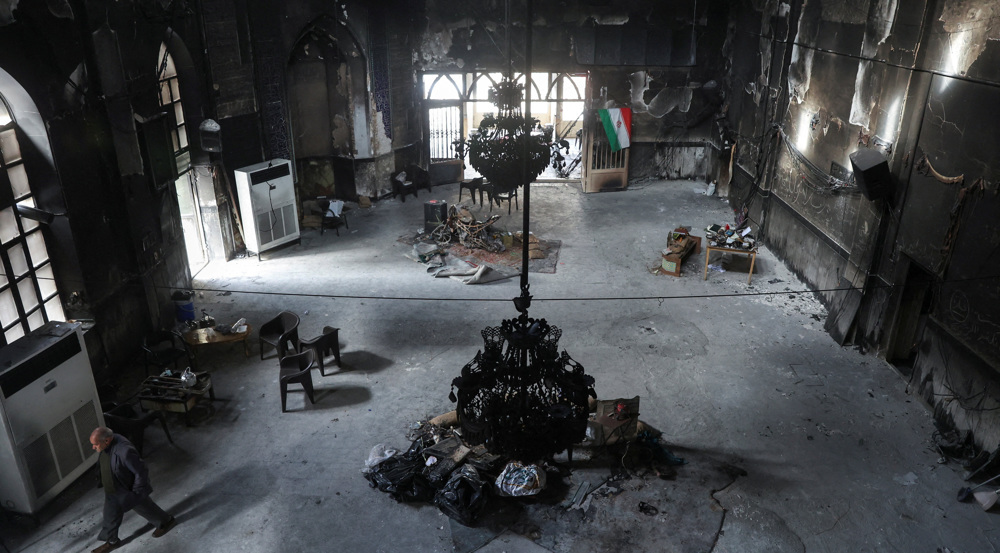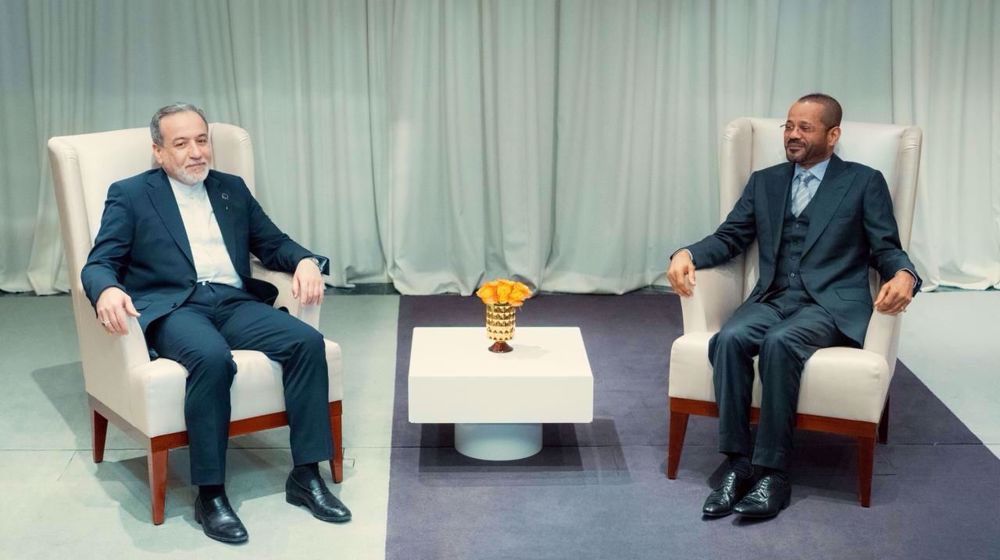Iran, Egypt resume trade ties: Report
Iran’s first cargo of petrochemical products in recent years has left for Egypt, marking the resumption of trade ties between the two major Muslim countries, the Mehr news agency says.
Intensified sanctions imposed on Iran in 2012 put a stop on the last remaining channel of connectivity with Egypt in the absence of diplomatic ties.
In recent months, officials from both countries had hoped that the lifting of sanctions would revive trade ties and help improve diplomatic relations.
“Iran has no limitations to sale of crude oil and oil products to Egypt and any official request will be considered when it is made,” Managing Director of the National Iranian Oil Company (NIOC) Roknoddin Javadi has said.
On Monday, a report released by the customs office of the Pars Special Energy Economic Zone showed a petrochemicals cargo had been sent to Egypt in the new year, without specifying the type of the products or their volume.
Last November, Petroleum Minister Tarek El Molla said Egypt looked to Iran’s ramp-up of oil production which could boost the Arab nation’s proceeds from transit of crude through the SUMED pipeline.
"They used to work with us through SUMED. They used to store their crude there at Ain Sukhna terminal and Sidi Kerir. It will boost back again the activity of SUMED," Reuters quoted him as saying.
State-run Egyptian General Petroleum Corp owns the 320-km SUMED which runs from the Red Sea to the port of Sidi Kerir west of Alexandria.

Western sanctions imposed on Iran's oil sector brought shipments through SUMED and the Suez Canal to a virtual halt since 2012, hitting revenues for cash-strapped Egypt, former Egyptian oil minister Sherif Ismail said in July.
According to NIOC's international affairs head Mohsen Qamsari, “With the annulment of sanctions, Iran’s oil ties with Egypt will definitely improve and more crude oil will be exported to Europe through the SUMED transit line or Suez.”
Javadi hoped expansion of oil trade would help improve political relations between Iran and Egypt.
Iran and Egypt have held no diplomatic ties since 1980 when Cairo offered asylum to the former shah, Mohammad Reza Pahlavi, and maintained peace treaties with Israel.
Iran warns about consequences of normalizing violations of intl. rules
VIDEO | Gaza’s Ramadan: 1.7mn displaced struggle between hope and pain of war
Israel’s West Bank land seizures signal 'alternative homeland' threat: Ex Jordanian official
Tarique Rahman sworn in as Bangladesh’s new prime minister
UAE removes online references to Hind al-Owais after Epstein email revelations
Iran in no way seeking nuclear weapons: Pezeshkian
Oman: Iran-US indirect talks in Geneva achieve tangible progress
VIDEO | Press TV's news headlines










 This makes it easy to access the Press TV website
This makes it easy to access the Press TV website